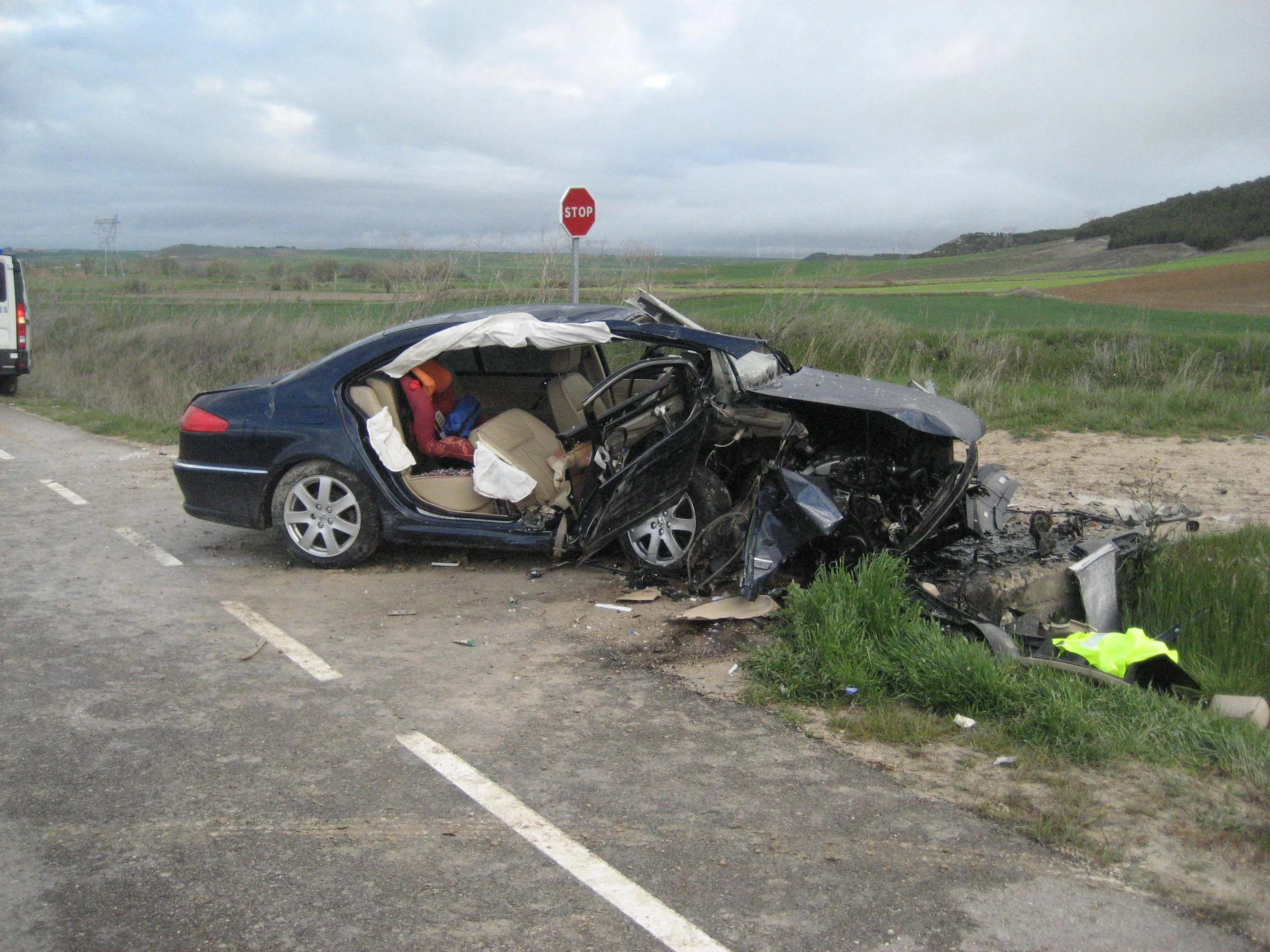New safety requirements could see vehicles in Europe being fitted with in-car technology to cut crashes. The European Commission is working on plans to develop new a safety strategy that will require vehicle producers to introduce new systems. One of the technologies being considered is for in-car systems that would use facial recognition camera systems to detect whether a driver is fatigued at the wheel or using a cellphone while driving. According to the Transport Research Laboratory, this technology coul
December 15, 2015
Read time: 2 mins
New safety requirements could see vehicles in Europe being fitted with in-car technology to cut crashes. The European Commission is working on plans to develop new a safety strategy that will require vehicle producers to introduce new systems. One of the technologies being considered is for in-car systems that would use facial recognition camera systems to detect whether a driver is fatigued at the wheel or using a cellphone while driving. According to the Transport Research Laboratory, this technology could help cut road deaths and injuries significantly. Research shows that there is an increasing problem of distracted driving resulting from people using smartphones to access email or the internet or to send texts while at the wheel. This is known to be even more dangerous than using the phone to make calls. Meanwhile there is also a known problem from drivers being fatigued due to lack of sleep and causing crashes as a result.








